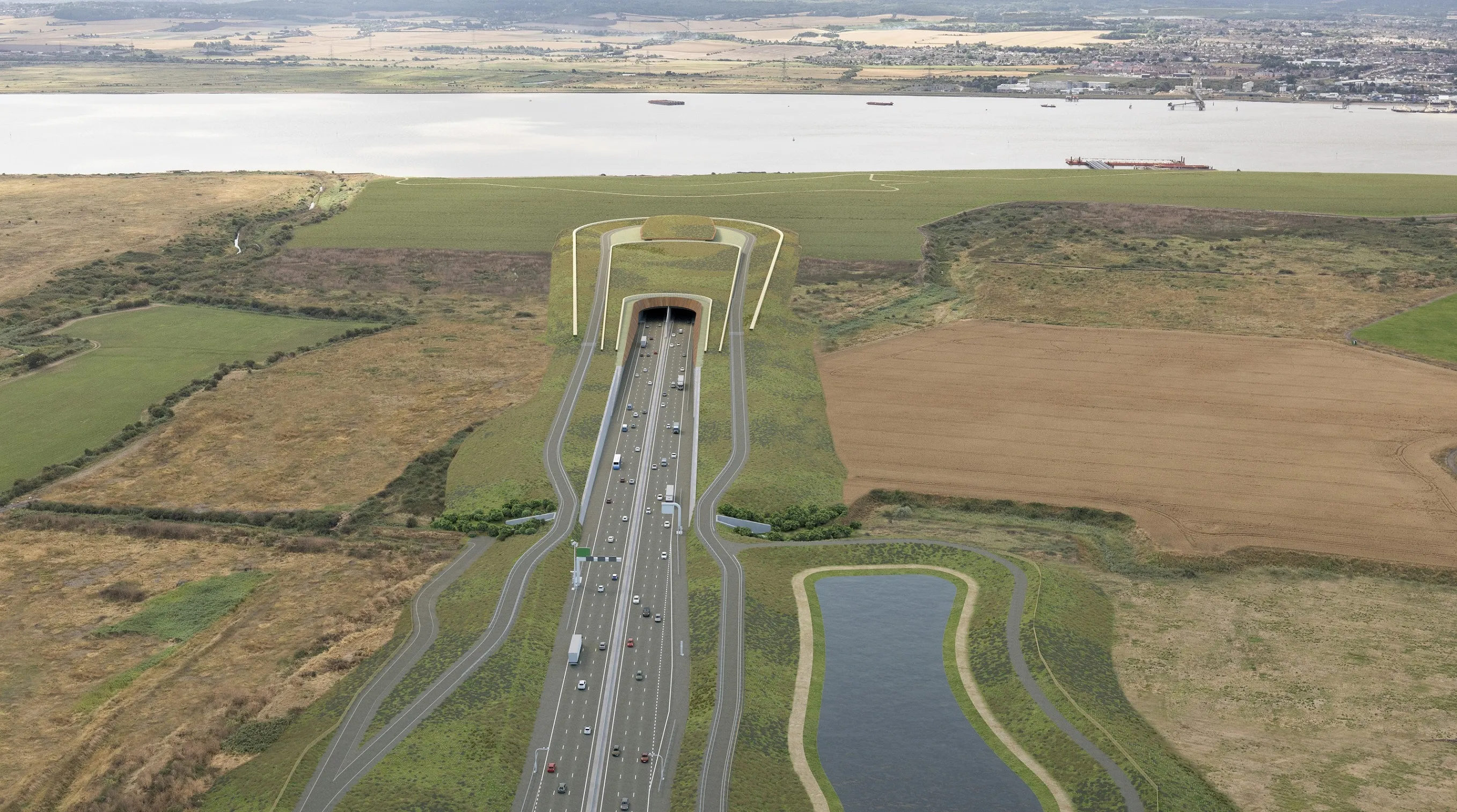The company behind the proposed Fehmarn Belt link crossing the Baltic Sea between Denmark and Germany will create the link with an immersed tunnel, despite a new environmental survey showing that a drilled tunnel would be more environment-friendly.
September 18, 2013
Read time: 1 min
The company behind the proposed Fehmarn Belt link crossing the Baltic Sea between Denmark and Germany will create the link with an immersed tunnel, despite a new environmental survey showing that a drilled tunnel would be more environment-friendly.
4782 Femern say the survey shows that neither an immersed or drilled tunnel would have environmental consequences prohibiting approval in Denmark or Germany.
The immersed tunnel is also estimated to be €1.3 billion (DKK 9.7 billion) cheaper than a drilled tunnel.
Construction of the Fehmarn Belt link is due to begin in 2015, with completion earmarked for 2021. Crossing the Fehmarn Belt in the Baltic Sea, the 18km wide link will connect the German island of Fehmarn with the Danish island of Lolland.
The immersed tunnel is also estimated to be €1.3 billion (DKK 9.7 billion) cheaper than a drilled tunnel.
Construction of the Fehmarn Belt link is due to begin in 2015, with completion earmarked for 2021. Crossing the Fehmarn Belt in the Baltic Sea, the 18km wide link will connect the German island of Fehmarn with the Danish island of Lolland.






